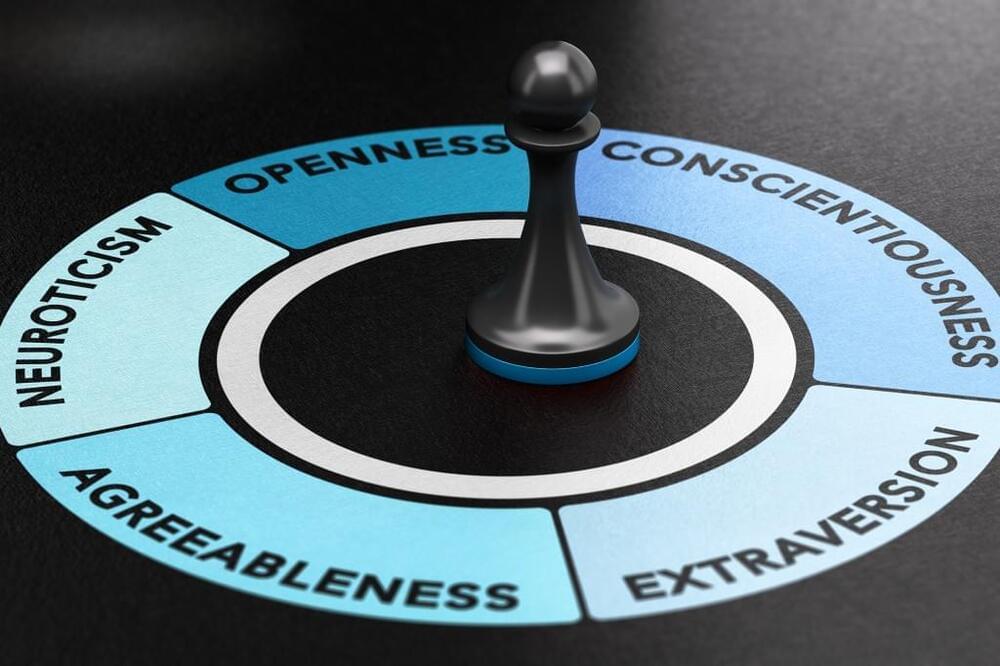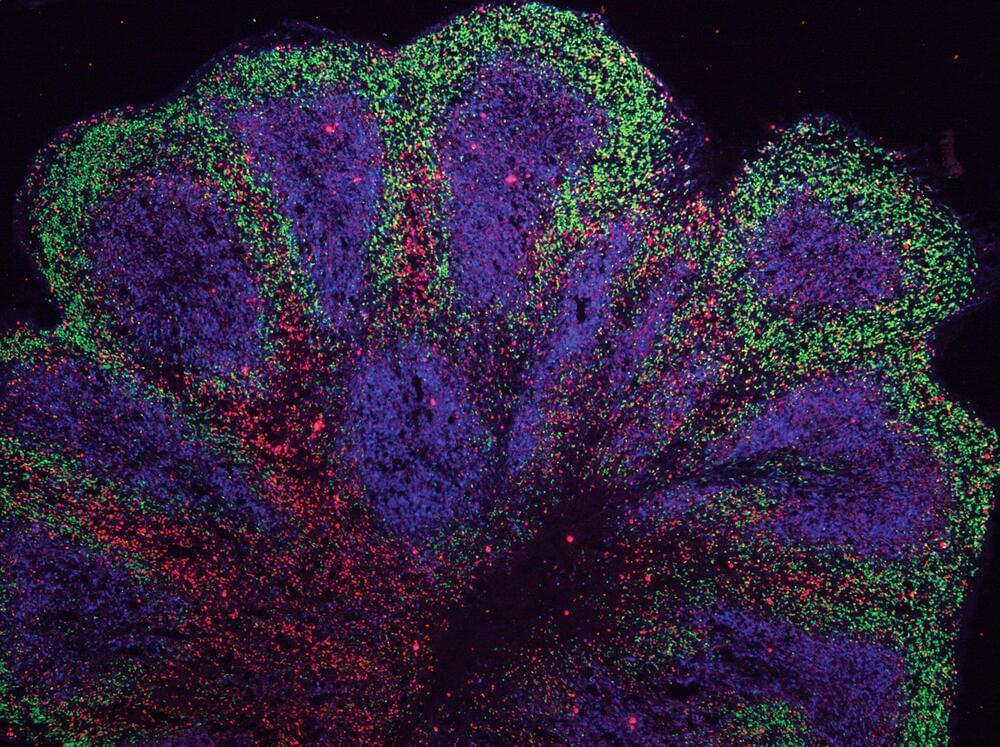It seems insurmountable today. Digital consumption is rampant. Harms from misinformation to breaches to online bullying to manipulative targeting is spawning an environment of political and societal polarization, increased mental anxiety and even suicides. Without inadequate laws to regulate these digital services, the very rules and policies that have continued to govern the physical world are not able to keep pace with the speed of technology, and properly reflect what is happening in our digital spaces.
Can we have a future where creators of technology can build towards responsibility despite the constant allure of monetization and profits? I had a chance to speak to David Ryan Polgar, Founder & Director of the non-profit, All Tech Is Human (ATIH) to dive into discussing this critical juncture where heightened consumer awareness has the potential to drive a different story.





